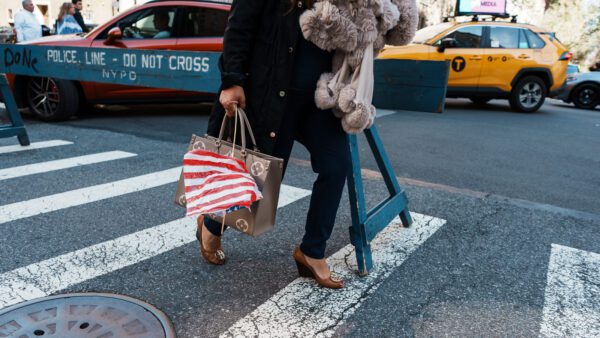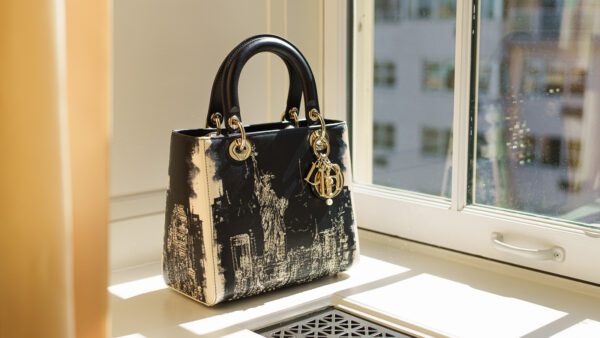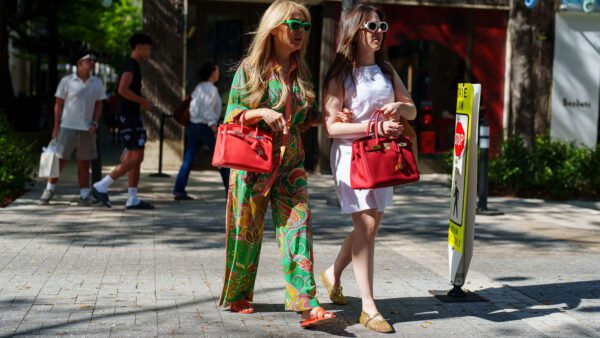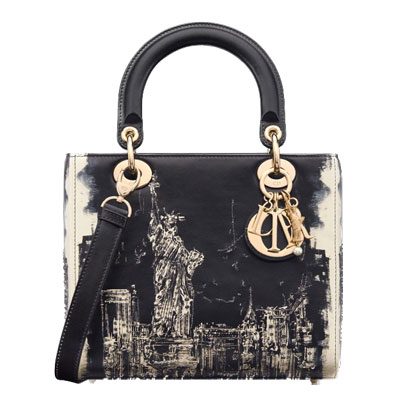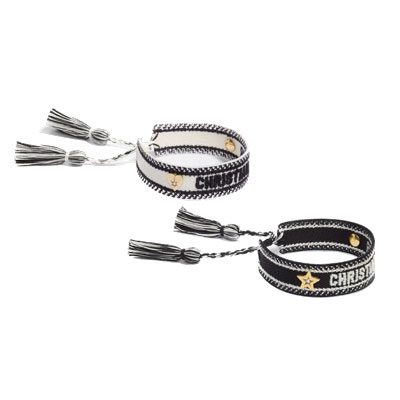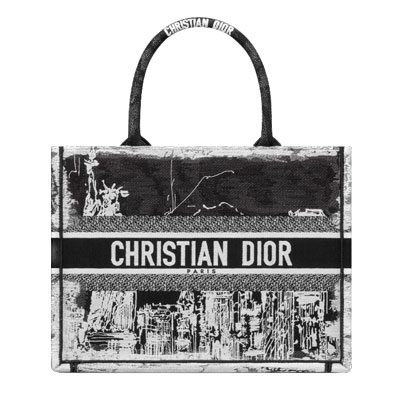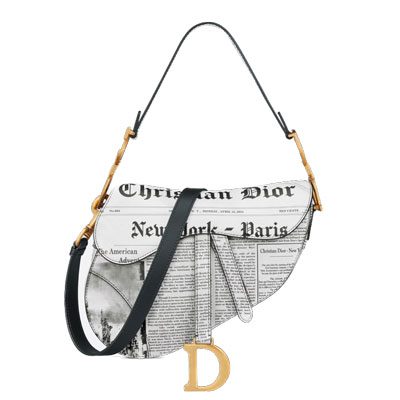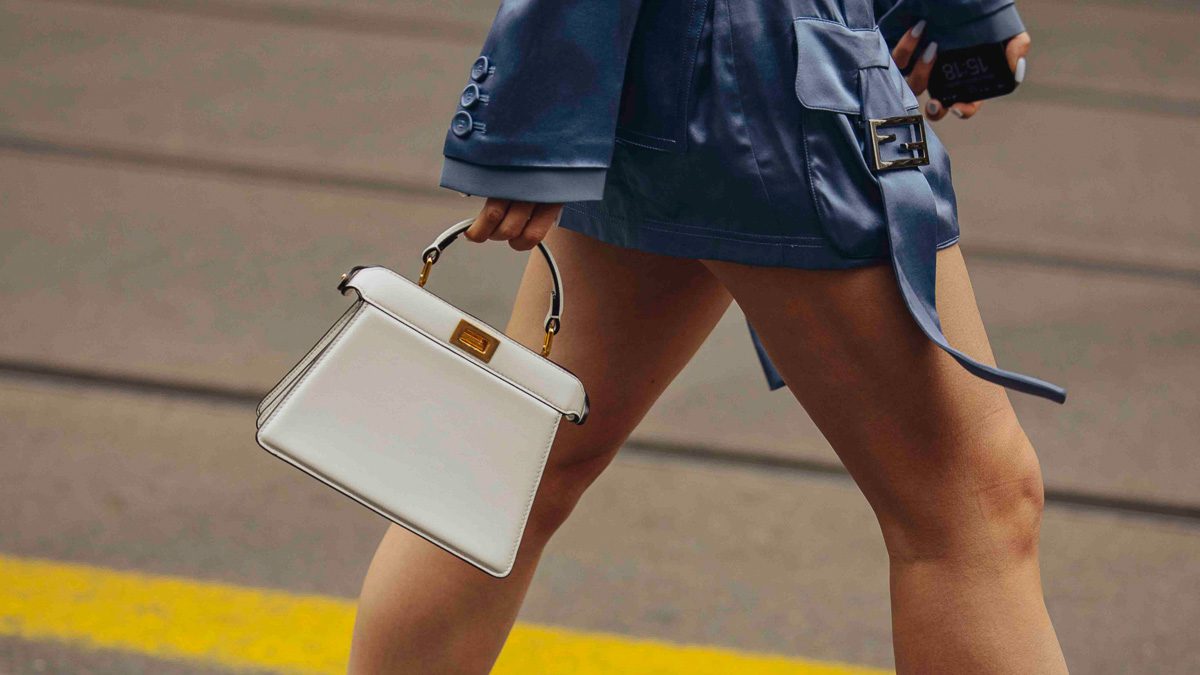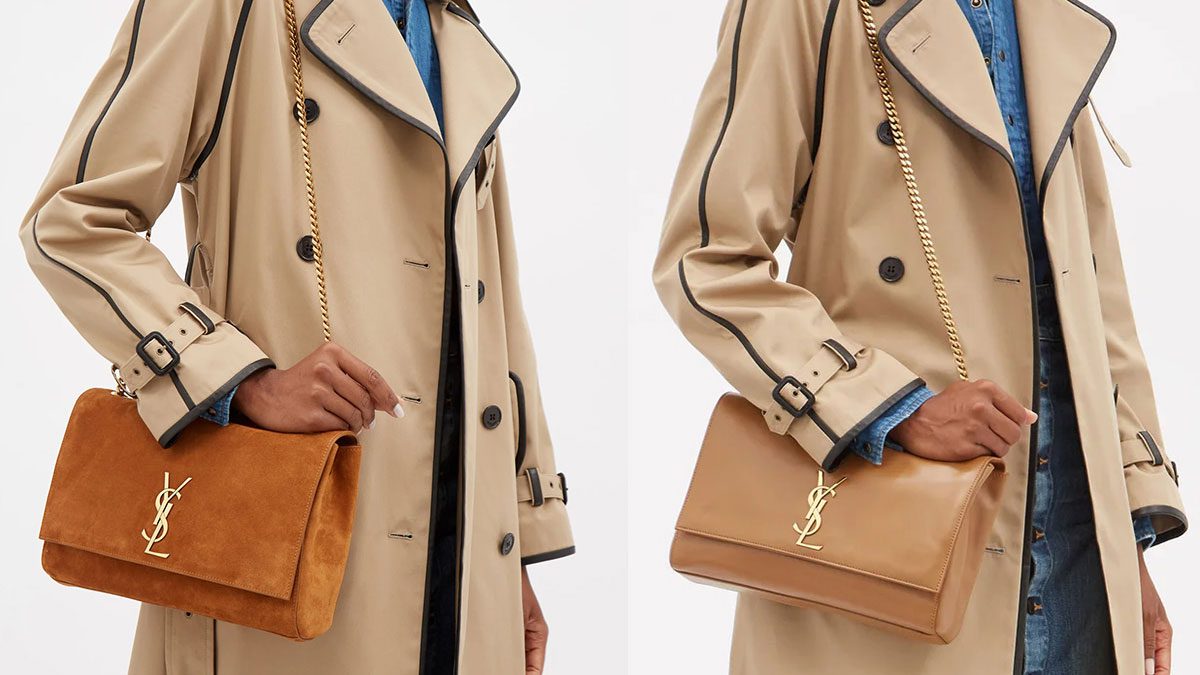For decades, we’ve been buying products based on their form and function: we’ve been wearing clothes that look and make us feel good, we’ve been driving cars that meet our lifestyle needs, we’ve been shopping for furniture that fits our spaces and our comforts. Nowhere in the consumer cycle did we leave significant room to think about the source of the products we’ve been spending our cash on.
In the early 2000s, things subtly started shifting. Eco-friendliness and labor practices were, all of a sudden, making headlines, forcing us to actually consider the people that were physically making our products and the effects that their practices had on the world as a whole. Yet, although certain folks vowed to boycott companies whose processes they did not agree with, as a general statement we’ve always stayed pretty on-the-surface when it came to company background checks. As long as the Zara dress looked good on us, we closed an eye when considering the environmental impact of wearing said dress.
The history-defining things that happened this year have indirectly propelled a movement that demands companies to be on the right side of history
But, unsurprisingly, given the seismic shifts in culture that 2020 is serving, our buying tendencies seem to be deeply changing once more. The history-defining things that happened this year have indirectly propelled a movement that demands companies to be on the right side of history—whatever that side is. No longer do we only care about our shoes being comfortable and having been produced by people actually earning what they deserve for their job, but we now demand for the company making the shoe to be “woke” and not shy about it.
Many now want the Pradas and Teslas and Gaps of the world to tell us where they stand politically and, arguably, only accept their answer if it matches their own. Many have decided that a company’s ethos and a CEO’s religious, political and social outlooks are just as important when shopping as the fit of the products they are selling us. But is that a sustainable and fair outlook on the industry? Are our demands here to stay?
“I definitely notice if a company supports causes I believe in,” says creative freelancer Hana Tova. “I want to shop from them over others if given the choice. For instance, after the Colin Kapaernick ad, Nike went up in my books.” Tova also notes that, given the current political and social climate, plenty of companies might be “turning everything rainbow during Pride month” for the time being, stepping away from making similar statements throughout the rest of the year.
Eva Ganguly, a community organizer in Austin, on the other hand, decidedly abstains from shopping at places known to employ sweathop and prison labor. That being said, she understands that to shop ethically is a privilege in and of itself. “Poor folks can’t decide to abstain from shopping at big-box stores,” she contends.
Perhaps, we are more prone to denounce and stay away from certain brands if the cause that they are against hits closer to home. New Yorker Roxanne Calderon, for example, admits that, although aware of Zara’s often cited bad factory conditions, she still shops there. “Because the show will go on regardless of me,” she says. “But I guess it really has to do with how widely known those practices are and how much I care about the cause.”
A clerk on Long Island that prefers to remain anonymous echoes Calderon’s thoughts: “I think I could disagree with the owner and still use their services but if [they were known for] something really morally reprehensible and they were very consistently public about it, I might not want to support them.”
Plus-size shoppers who refrain from investing in companies whose ethos they don’t agree with might have to contend with an additional problem: not many brands carry their sizes, so avoiding the few that do might cause bigger headaches down the line. Take Reformation, for example, whose CEO Yael Aflalo was repeatedly accused by employees of fostering a racist culture within the company and refusing to promote Black workers.
“I’m at the low-end of the plus-size spectrum but knowing [about] the CEO upset me. If I could avoid that brand, I would,” says Alexandra Cornelious, who lives in New York. “Ultimately, I don’t think a company is just the CEO but the people it employes.”
As 2020 shapes up to be the year of the reckoning, plenty of companies that were previously considered “moral” are now being lambasted as anything but
Website Good on You—which ranks brands based on their impact on employees across the supply chain, their effects on the environment and their use of animals—also works off the premise that ethical shopping can be looked at on a scale. A company might not fairly compensate its workers but be mindful of their environmental footprint, for example.
Needless to say, as 2020 shapes up to be the year of the reckoning, plenty of companies that were previously considered “moral” are now being lambasted as anything but.
From Anthropologie, recently accused of racially profiling shoppers and using code words to identify Black buyers, to Salvatore Ferragamo, put on blast by actor Tommy Dorfman for promulgating a “racist, transphobic and not body-positive” work environment, plenty of fashion brands have been dealing with the repercussions of a nation-wide social awakening that demands the industry to be better.
And it’s not just the fashion sector that’s being put under scrutiny: following the Black Lives Matter protests, companies of all genres have felt compelled to be part of the conversation. Spotify, TikTok, food retailers and others posted messages of unity, often pausing the work day to highlight the importance of the cause.
We are also demanding shows of solidarity from celebrities and influencers: plenty of personalities were attacked when not uploading black boxes alongside the hashtag #blackouttuesday as part of a social media campaign promoted by activists to bring about social policy changes across the land.
Of course, this isn’t the first time that humans have been channeling their buying power to bring about change. However, it’s the first time in recent history that the message seems to truly echo across all industries. Will America change for the better? Only time will tell.

